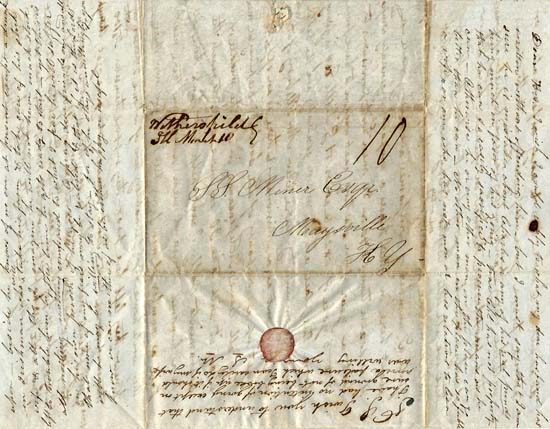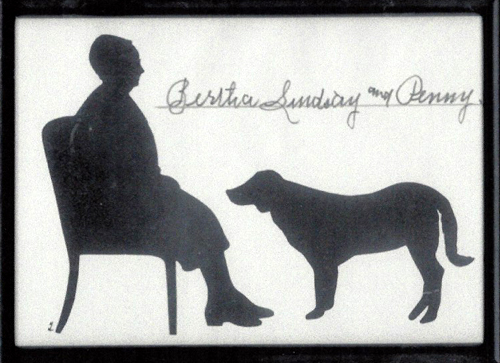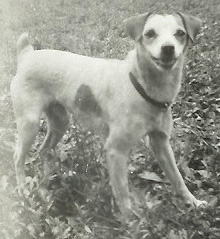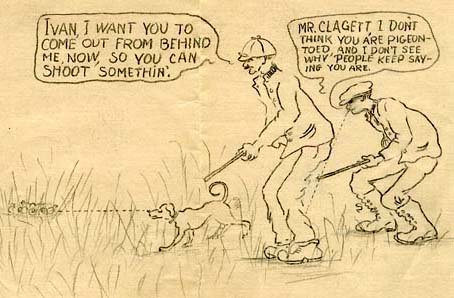
The family name was appropriate, given what one of its members had set his sights upon. The Miner brothers, Selden and Samuel, had left Wethersfield, Connecticut, Selden to help settle the identically named Wethersfield, Illinois, and Samuel to make a home in Maysville, Kentucky. In spring 1849, the Maysville Miners were planning a visit to the Illinois Miners, a prospect that pleased Selden’s wife Maria. Unfortunately, the news of some shiny nuggets in a California river bed had sent a contagion through town—a delirium—and her husband had caught it. It was gold fever.
Maria had endured two weeks of her fidgety husband, alternately anticipating his brother’s visit from Kentucky and then declaring “To California I am bound”! “I have no opinion at all of his going,” insisted Maria, before making her misgivings crystal clear in a letter to Samuel. One can picture this skeptical spouse, folding her arms and rolling her eyes. “We are now as it were just getting things a little comfortable around us,” she declared, “& I feel as though we had best try & make ourselves contented with our lot.” She was, in fact, “very confident that there are at least ninety nine chances out of a hundred” that Selden’s get-rich-quick scheme “would entirely ruin us for life.”
Now it was Selden’s turn to make his case. Taking up the pen, he dismissed his wife’s “doleful description of this dreadful ‘yallar feaver.’” All of Wethersfield was abuzz, he reported, with companies of 40-50 men apiece preparing wagons, oxen and a year’s worth of provisions to make the journey west to the gold fields. “They all leave Independence [Missouri] in the middle of May,” Selden wrote. “It will take 90 or more days to reach the Sacramento valley.” And, of course, he had already heard rumors of spectacular success: two men who had “left here poor” were now worth some $100,000 each. Yet, Selden concluded, “I seem to lack the full consent of my wife.” Could his brother referee the dispute?
Now it was Maria’s turn again, and she filled the remaining space in the letter with her rejoinder: her husband claimed to have the encouragement of his friends, but in fact none of his real friends supported the enterprise. Not only had Selden given little thought to the care of his farm and stock during his absence, she charged, “this is all nothing – nothing compared to what I fear he will suffer in his own person if he goes.” Now, Maria sighed, her friends must pray “that none of my fears may be realized” and that her husband “may be willing to stay—for if he stays unwillingly you know we can neither of us be either happy or useful.”
A finding aid for Selden and Maria Miner’s letter, part of the Manuscripts & Folklife Archives of WKU’s Department of Library Special Collections, can be downloaded here. For more letters about the Gold Rush, search TopSCHOLAR and KenCat.




